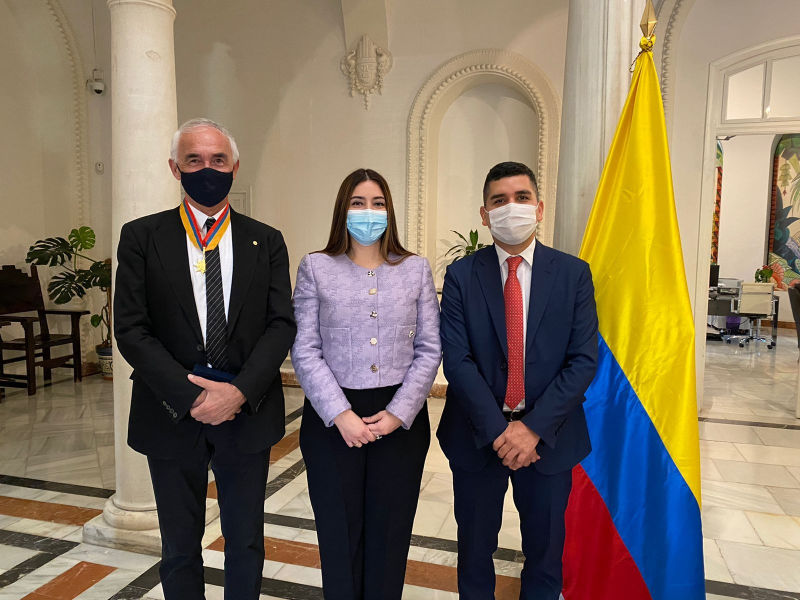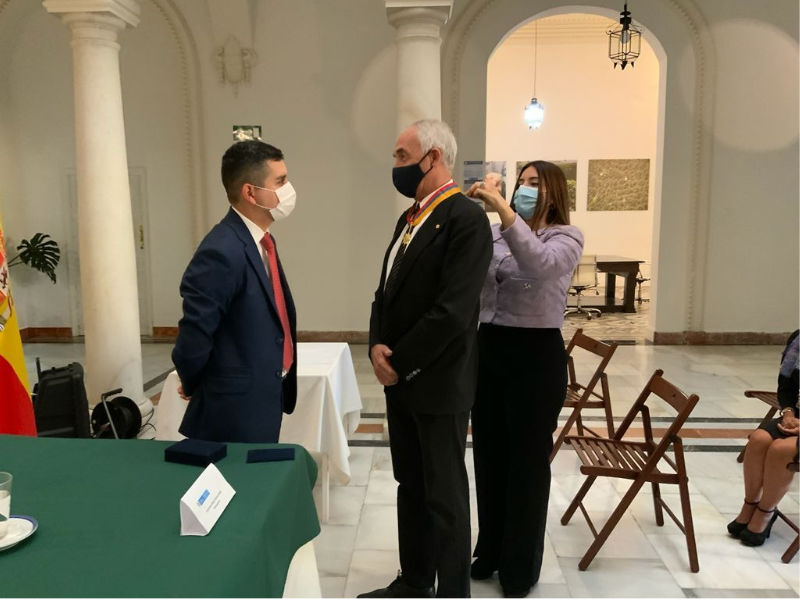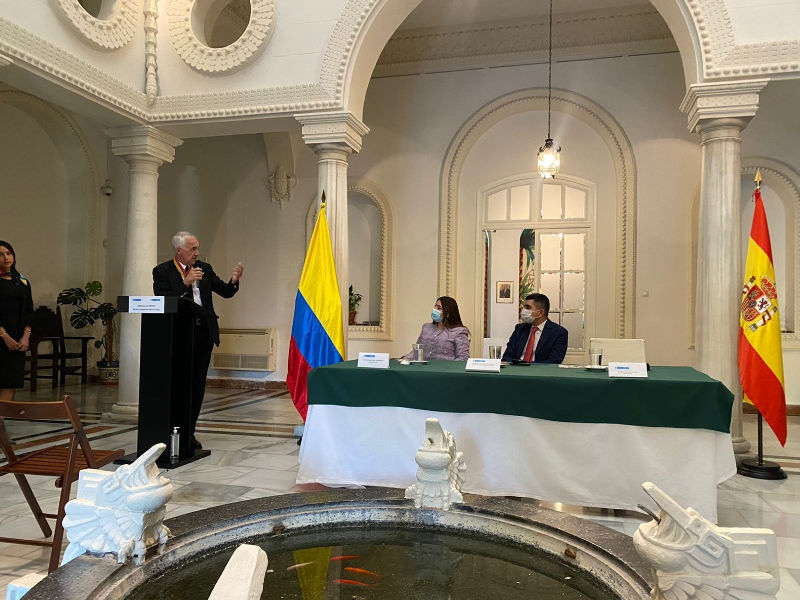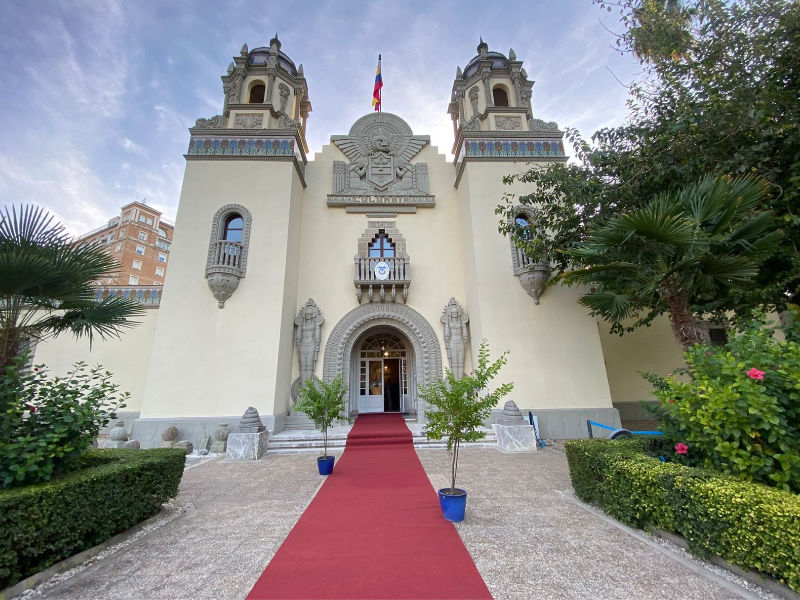- Medellín: from the most dangerous city in the world to an international benchmark in social urbanism using the methodology and international networks of Fundación Metropoli.
- The Government of Colombia awards the «Francisco Samper Gnecco Medal of Merit» to Alfonso Vegara for his work in this country and his international impact.
- Cities Project, an international program of the Metropoli Foundation developed in 20 cities on 5 continents in collaboration with the University of Pennsylvania

25 years ago at the University of Pennsylvania Metropoli Foundation developed the origin of its international activities, the Cities Project. An international program on 20 cities on 5 continents for the sustainable development of the territory.
Medellín, the great world reference in social urbanism
One of the selected cities was Medellín, then the most dangerous city in the world, Metropoli Foundation work methodologies were applied and today it has become the great international reference in terms of social urbanism.
The methodologies developed by the Metropoli Foundation to transform cities and territories also integrate strategic projects of architecture and urban design. They offer unique opportunities for business collaboration with cities to achieve unique results of transformation that the Government of Colombia has highly valued by awarding the Francisco Samper Gnecco Medal of Merit to Alfonso Vegara for his work in this country and his international impact.
The event took place at the headquarters of the consulate that was the Colombian Pavilion in the first Universal Expo of Seville. Jonathan Malagón, Minister of Housing, City and Territory of Colombia and Ana Carolina Pérez Bohórquez, Consul General of Colombia in Seville presented the award medal to Alfonso Vegara as a symbol of this recognition.



About the Cities Project
The objective of the Cities project was to identify the competitive advantages of each of the participating cities and the main urban innovations that were being developed, especially those that affected the physical shape of the city and the structure of the metropolitan region.
The project was born at the University of Pennsylvania in 1998 and continues today. This project is being coordinated by the Fundación Metrópoli, and has the participation of various urban planning departments and Universities from different cities, including: Toronto, Boston, Philadelphia, Miami, Monterrey, Medellín, Curitiba, Montevideo, Santiago de Chile, Dublin, Euskadi, Windhoek, Cape Town, Dakar, Riyadh, Dubai, Hong Kong, Shanghai, Cebu, Singapore and Sydney. The selected cities were considered innovative in their context, were medium-sized on a global scale, with a few exceptions, and were very open to collaborating and sharing their experiences with other cities around the world. In addition, the cities belonged to countries with different levels of economic development and with very different cultures and forms of political and social organization.
An innovative methodology to identify the competitive advantages of cities
An operational methodology was designed to identify the Components of Excellence of each of these cities. It has been possible to compare cartographies on critical issues, indicators, attitudes of local leaders, analysis of relational accessibility, international context conditions and other aspects that allowed define the urban profiles and the aspects in which each of the cities have competitive advantages. Likewise, it has been possible to analyze the main urban innovations that are being developed in each of these cities.
About the Metropoli Foundation
The Metropolis Foundation is a Spanish institution with
international projection, a non-profit organization whose mission is to contribute to the innovation and sustainable development of cities and territories, promoting research in these matters, and applying the principles of Sustainable Development. Among the activities of the Metropoli Foundation is the «Laboratory of Cities» which develops applied research in the field of cities, undertaking projects committed to integration of environmental policy.
